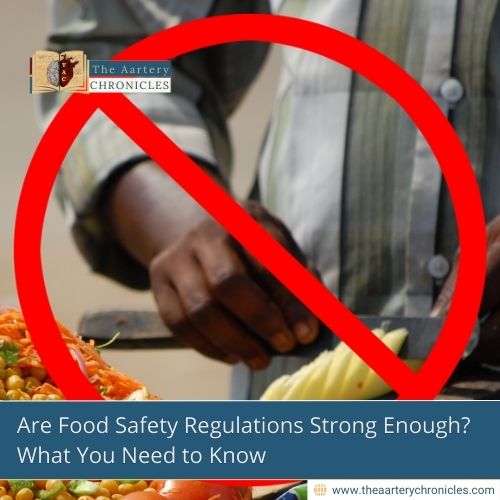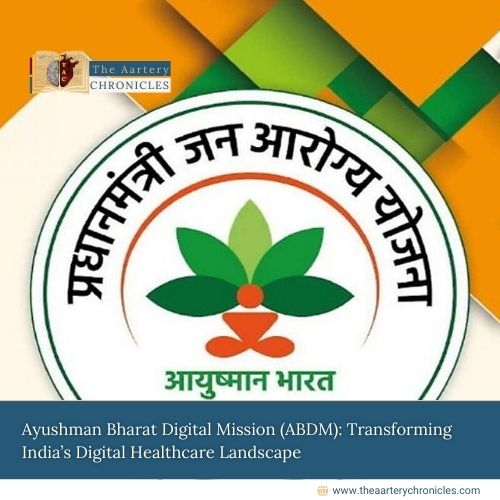

Are Food Safety Regulations Strong Enough? What You Need to Know
Introduction
Food safety is a cornerstone of public health, ensuring that our food is safe, nutritious, and free from contaminants. In India, food safety regulations are governed by the Food Safety and Standards Act, 2006 (FSS Act), comprehensive legislation that aims to regulate food safety across the entire food value chain—from production to consumption. The Act established the Food Safety and Standards Authority of India (FSSAI), responsible for creating standards, conducting inspections, and ensuring compliance. While this regulatory framework has made significant strides in ensuring food safety, questions remain about whether these regulations are strict enough to effectively protect consumers and the public.
India’s Food Safety Framework: An Overview
The Food Safety and Standards Act 2006, consolidated various previous laws, including the Prevention of Food Adulteration Act, of 1954, to create a unified food safety law aimed at ensuring the quality and safety of food products in India. The Act covers various aspects of food safety, including the manufacture, storage, distribution, sale, and import of food. The FSSAI plays a pivotal role in formulating food safety standards, licensing food businesses, conducting inspections, and educating stakeholders.
Key Objectives of the FSS Act:
- Ensure food safety and consumer protection.
- Regulate the manufacture, storage, distribution, sale, and import of food.
- Establish science-based standards for food products.
Despite this extensive regulatory structure, challenges remain in ensuring that food safety rules are effectively implemented across the country.
Challenges in Implementing Food Safety Regulations
Though India has made significant progress in food safety regulation, several challenges continue to undermine the effectiveness of these laws:
1. Inadequate Infrastructure
One of the major issues in enforcing food safety regulations is the lack of infrastructure for proper monitoring and inspections. Many regions, especially rural and semi-urban areas, lack the necessary resources to carry out regular food inspections. These include a shortage of:
- Food testing laboratories equipped with modern technology for timely testing.
- Skilled workers who can conduct thorough inspections and enforce standards.
- Inspection facilities that can monitor food safety across various food businesses effectively.
Without robust infrastructure, regulatory bodies struggle to enforce food safety standards consistently.
2. Small and Unorganised Food Enterprises
A large portion of India’s food businesses are small-scale and unorganised. These businesses often lack the necessary knowledge, resources, and systems to comply with stringent food safety regulations. Issues faced by small food enterprises include:
- Lack of formal training in food safety practices.
- Inconsistent adherence to safety standards.
- Poor hygiene and quality control practices, especially in street food markets.
Given that most food businesses fall into this category, ensuring compliance with food safety standards is a significant challenge.
3. Adulteration and Contamination
Food adulteration remains a persistent issue in India. Substandard ingredients, unsanitary processing conditions, and lack of proper monitoring contribute to the contamination of food products. Common concerns include:
- Chemical contamination by harmful additives.
- Physical contamination due to poor hygiene during food handling and processing.
- Bacterial contamination, which leads to foodborne illnesses
These challenges are exacerbated by weak quality control mechanisms and a lack of strict enforcement of food safety standards.
4. Food Fraud
Food fraud is another major problem in the Indian food industry. Issues such as mislabelling, deceptive advertising, and false claims about the nutritional value of food products continue to undermine public trust in the food industry. Examples include:
- False claims of organic or healthy ingredients.
- Misleading packaging that does not meet FSSAI requirements.
- Non-disclosure of allergens in food products
To prevent such fraud, strict regulations and effective monitoring are necessary to protect consumers.
5. The Globalization of Food Trade
With increasing imports and exports, globalization has introduced additional challenges in food safety. As India continues to import food from around the world, it faces the risk of:
- Substandard or hazardous imported goods entering the country due to insufficient inspection mechanisms.
- Lack of alignment with international food safety standards, which can affect both imports and exports.
Stronger inspection processes for imported goods are crucial to maintaining food safety in the country.

Case Laws Shaping Food Safety in India
Several legal cases have influenced the landscape of food safety in India, highlighting both the strengths and weaknesses of the current system:
1. The Nestlé Maggi Noodles Controversy (2015)
In one of the most well-known food safety cases in India, Nestlé India’s Maggi noodles were recalled after the FSSAI reported excessive lead levels in the product. The case led to a nationwide ban, but the Bombay High Court overturned it after further testing, confirming that the noodles were safe for consumption. This case underscored the importance of transparency in food safety incidents and the need for accurate, timely testing and communication.
2. The Allahabad High Court’s Ruling on Street Food Safety (2018)
The Allahabad High Court addressed the issue of street food safety in response to a Public Interest Litigation (PIL). The court called on the state government to ensure that street food vendors adhere to food safety standards. The ruling emphasized the need for:
- Regular inspections of street food vendors.
- Training programs to improve food handling.
- Public awareness campaigns to educate vendors and consumers about food safety.
This case highlighted the need to extend food safety regulations to the informal sector, where much of India’s food industry operates.
3. PepsiCo India Holdings Pvt. Ltd. vs. Food Inspector (2018)
In this case, PepsiCo India challenged the seizure of its Lay’s potato chips by a food inspector. The court ruled in favour of PepsiCo, citing procedural lapses by the inspector. The case emphasized the importance of due process in food safety enforcement and reinforced the need for fair and transparent investigations.
4. Shakti Bhog Foods Ltd. vs. Union of India (2016)
The Supreme Court ruled that food manufacturers must ensure clear, accurate labelling of food products. This case reinforced the importance of consumer safety, with clear labelling helping consumers make informed decisions about the food they purchase.
Are India’s Food Safety Regulations Strict Enough?
While India’s food safety regulations, as outlined by the FSS Act, have established a robust framework for ensuring food safety, there are still significant gaps in enforcement and compliance. Challenges such as inadequate infrastructure, the prevalence of small and unorganised food businesses, and widespread adulteration continue to undermine the effectiveness of these regulations. Additionally, cases like the Maggi noodles controversy highlight the importance of transparency, accountability, and timely enforcement in addressing food safety issues.
Recommendations for Improving Food Safety Regulations in India
To make food safety regulations more effective, several steps can be taken:
- Improving infrastructure for inspections and testing.
- Adopting a risk-based inspection approach to target high-risk food products and businesses.
- Educating consumers about food safety and their rights.
- Increasing penalties for non-compliance.
- Promoting industry collaboration to ensure better adherence to safety standards.
Conclusion
In conclusion, while India has made significant progress in creating a food safety regulatory framework, the effectiveness of these regulations’ hinges on proper implementation, better infrastructure, and continued vigilance in the face of evolving food safety challenges. Only with these improvements will the country be able to ensure the safety and well-being of its citizens.









